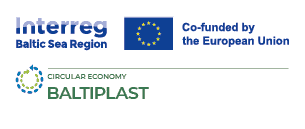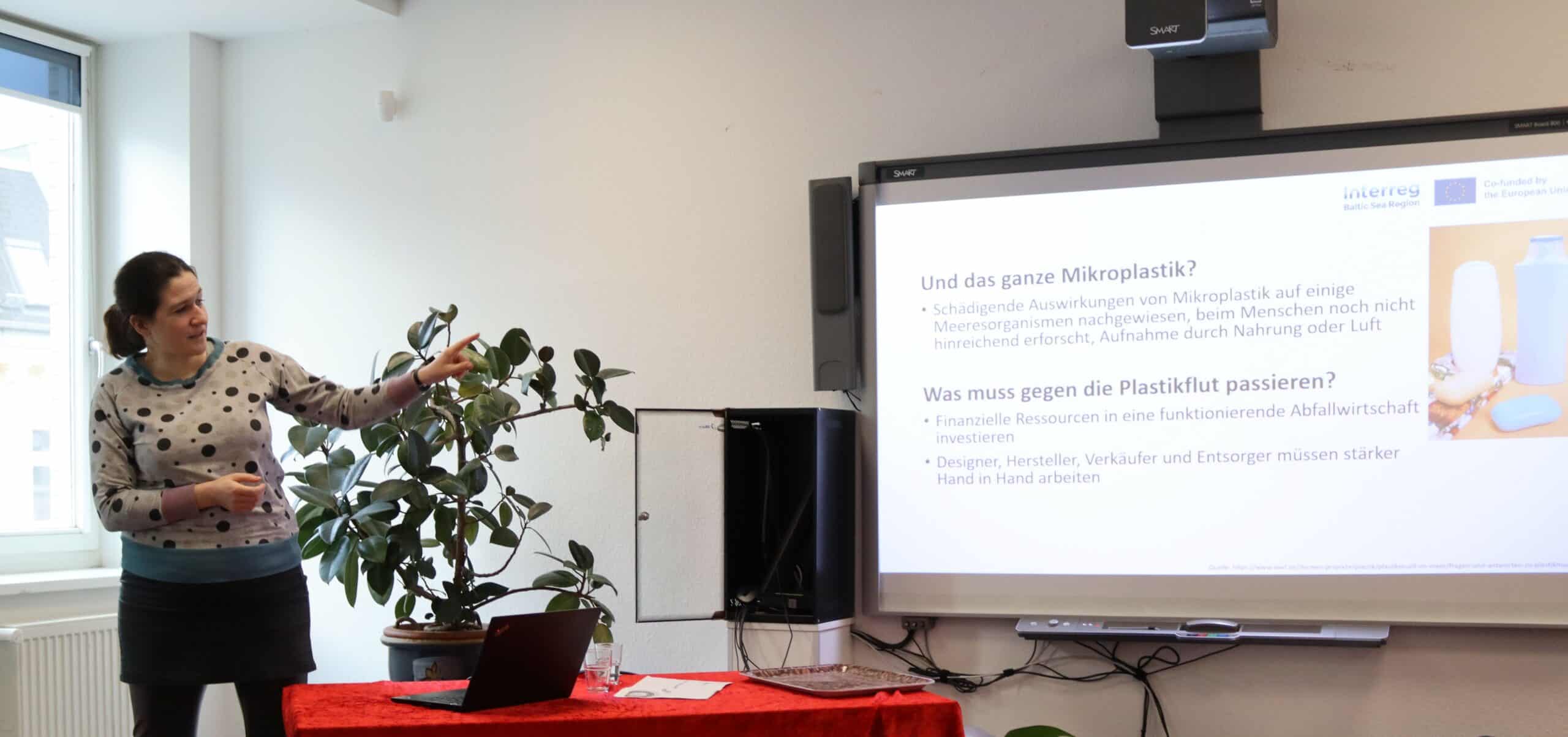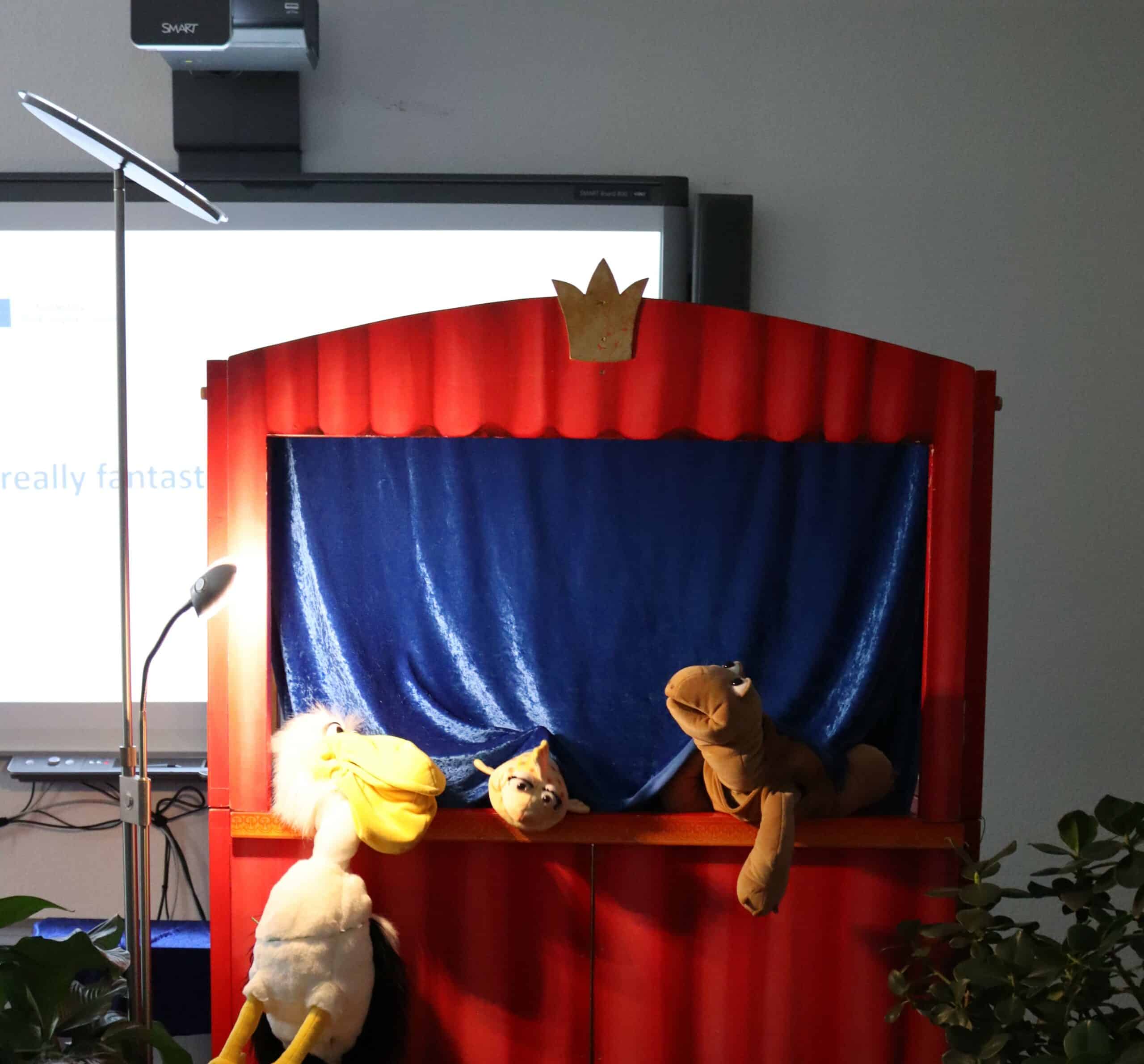
Interactive Lectures with Children in Hamburg
07 March 2024
The global production of plastics exceeded 400 million tonnes in 2022. It is estimated that approximately half of the produced plastics are designed for single-use purposes. With Europe being the 4th biggest plastic producer globally, accounting for a total of 58.7 million tonnes of plastics in 2022, out of which more than 80% was produced from fossil resources, the need for prevention and reduction measures for the use of plastics becomes clear.
Plastic is a practical all-rounder, a helper that has become an indispensable part of our everyday lives. But isn’t it frightening to think that plastic – once thrown away – will outlive us all?
Why this is so dangerous was explained to children and their parents last Friday, 23rd of February, at the Altonaer Bücherhallen in Hamburg a play with Flupsi the fish and in an interactive lecture, organized by our partners Baltic Environmental Forum Germany.
More than 20 adults and over 20 children watched with interest as Flupsi and his friends freed the sea from plastic, in the lecture that followed, we all talked together about what we can do to avoid plastic in our everyday lives.
We had a lot of fun and look forward to the next time!
Under the motto, small changes matter we empower our participants to make big steps toward a plastic-free future by adopting small changes. An estimated 1 million plastic bottles are bought around the world every minute. Commit to using your own glass or reusable bottle. Another useful but simple practice to avoid plastic waste is by asking for takeaway drinks in your own cup. Billions and billions of single-use cups (plastic or paper with plastic layers) are used and disposed of annually. Make your contribution to reverse this situation. It is also important to refuse lids and straws because these are unlikely to get recycled and in fact are likely to outlive you by a couple of 100 years.
Even kids can contribute to this behaviour change. Instead of gifting a plastic toy, gift an experience by taking them to outdoor activities. You can avoid plastic-packaged snacks by baking goods with your children for their lunch boxes. Another sustainable practice, in which you can easily include the little ones, is to organize toy swaps for children at school or kindergarten.







